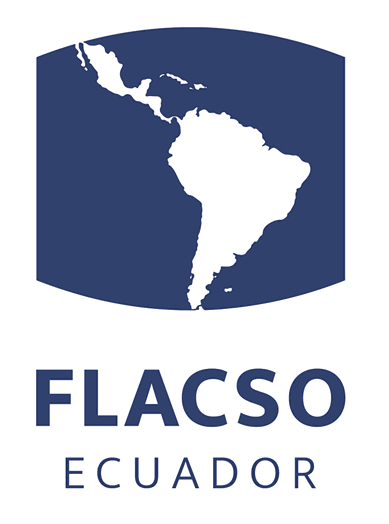Por favor, use este identificador para citar o enlazar este ítem:
http://hdl.handle.net/10469/20015Registro completo de metadatos
| Campo DC | Valor | Lengua/Idioma |
|---|---|---|
| dc.creator | Hessling-Herrera, Franco-David | - |
| dc.creator | Garrido, Santiago-Manuel | - |
| dc.creator | Gonza, Cinthia-Natalia | - |
| dc.date | 2023-09 | - |
| dc.date.accessioned | 2024-02-08T17:53:13Z | - |
| dc.date.available | 2024-02-08T17:53:13Z | - |
| dc.identifier.citation | Hessling-Herrera, Franco-David, Santiago-Manuel Garrido y Cinthia-Natalia Gonza. 2023. Derecho a la energía desde los derechos humanos: transición profunda hacia viviendas adecuadas, un ambiente sano y modos de vida dignos o The Right to Energy from a Human Rights Perspective: A Profound Transition to Adequate Housing, a Healthy Environment. Letras Verdes. Revista Latinoamericana de Estudios Socioambientales Flacso - Ecuador, 34:48-65. | es_ES |
| dc.identifier.issn | 1390-6631 | - |
| dc.identifier.issn | e-ISSN: 1390-6631 | - |
| dc.identifier.uri | http://hdl.handle.net/10469/20015 | - |
| dc.description | Con el cambio climático en ciernes y un contexto internacional que propende a la transición energética, el derecho a la energía reclama un espacio de mayor protagonismo en el ámbito internacional y en los sistemas de protección de derechos humanos, para inclinar ese proceso hacia una transición profunda. De ahí que este trabajo tenga como objetivo aportar a los debates y las relaciones posibles entre transición energética y derechos humanos. Se emplea una metodología de derecho comparado, con un enfoque hermenéutico, de descripción densa. Se recorre el concepto de derecho a la energía en la Agenda 2030 y sus objetivos de desarrollo sostenible, al igual que las referencias en otros instrumentos de los sistemas de protección de derechos humanos -tanto el universal como los regionales-. With climate change in the making and an international context that tends towards energy transition, the right to energy claims a space of greater prominence in the international arena and in the systems of human rights protection to incline this process towards a deep transition. Hence, this paper aims to contribute to the debates and possible relationships between energy transition and human rights. To this end, a comparative law methodology is used, with a hermeneutic approach of dense description. The concept of the right to energy in the 2030 Agenda and its sustainable development goals as well as the references in other instruments of the human rights protection systems -both universal and regional- are reviewed. | es_ES |
| dc.format | páginas 48-65 | es_ES |
| dc.language | spa | es_ES |
| dc.publisher | Quito, Ecuador : Flacso Ecuador | es_ES |
| dc.rights | openAccess | es_ES |
| dc.rights | Atribución-NoComercial-SinDerivadas 3.0 Ecuador | * |
| dc.rights.uri | http://creativecommons.org/licenses/by-nc-nd/3.0/ec/ | * |
| dc.subject | CAMBIO CLIMÁTICO | es_ES |
| dc.subject | DERECHOS HUMANOS | es_ES |
| dc.subject | ENERGÍA | es_ES |
| dc.subject | RECURSOS ENERGÉTICOS | es_ES |
| dc.subject | DESARROLLO SOSTENIBLE | es_ES |
| dc.title | Derecho a la energía desde los derechos humanos: transición profunda hacia viviendas adecuadas, un ambiente sano y modos de vida dignos | es_ES |
| dc.title.alternative | The Right to Energy from a Human Rights Perspective: A Profound Transition to Adequate Housing, a Healthy Environment | es_ES |
| dc.type | article | es_ES |
| dc.tipo.spa | Artículo | es_ES |
| Aparece en las colecciones: | Revista Letras Verdes No. 34, sept. 2023 | |
Archivos en este ítem:
| Archivo | Descripción | Tamaño | Formato | |
|---|---|---|---|---|
| RFLACSO-LV34-03-Hessling.pdf | Artículo - revista | 929,08 kB | Adobe PDF |  Visualizar/Abrir |
Este ítem está sujeto a una licencia Attribution NonComercial ShareAlike (CC BY-NC-SA 4.0)
Licencia Creative Commons



